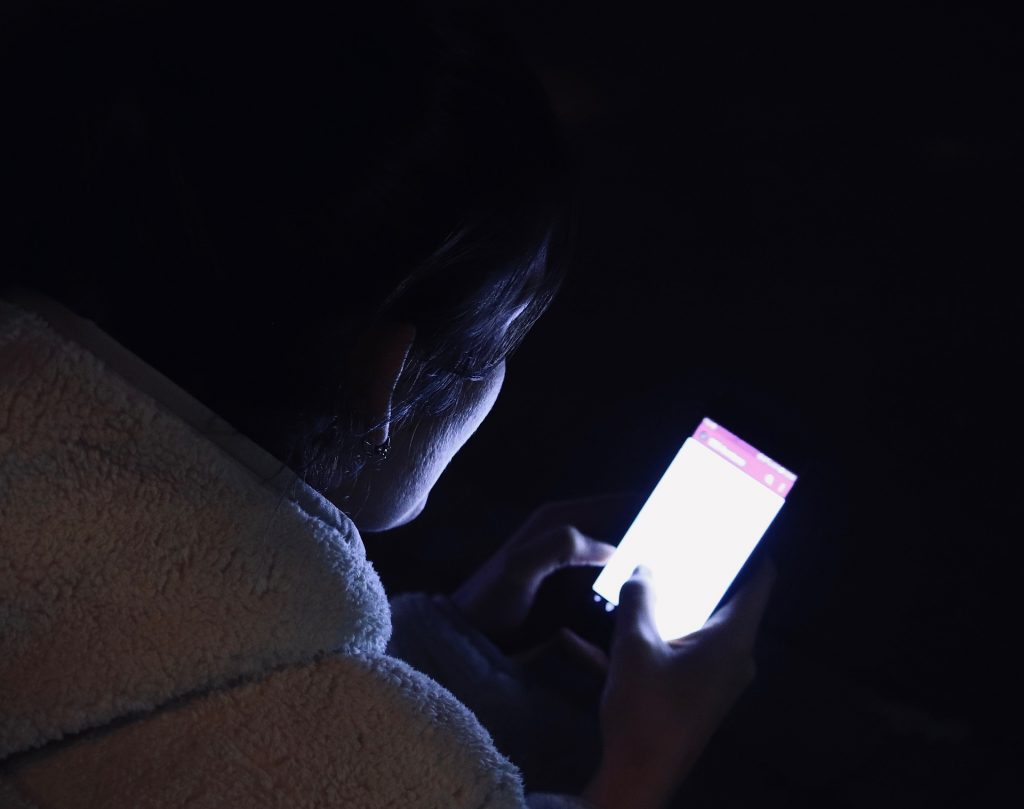
By Lexie Kauffman ’22
As people come home from a long day of work or school, they find themselves exhausted, but mindlessly scrolling through social media or online shopping for hours. This common occurrence is called “revenge bedtime procrastination.” After feeling like they cannot control their daily lives or the world around them, people reclaim their own time at night by staying up to gain some time to unwind.
Although revenge bedtime procrastination is a fairly new term, the “condition” has been around for years. However, the pandemic has caused the issue to become more prevalent as daily lives are disrupted.
“Revenge bedtime procrastination is just a cry from overworked people, and they’re actually trying to put off bedtime just a little bit so they can reclaim something for themselves,” Dr. Rajkumar Dasgupta, assistant professor of clinical medicine at the University of Southern California Keck School of Medicine in Los Angeles explained.
However, the unwind time is actually hurting them. The hours of scrolling actually increase stress and the lack of sleep causes sleep deprivation.
“We know that just mindlessly scrolling and not really interacting in a meaningful way actually increases our stress as opposed to reducing it,” Vaile Wright, senior director of health care innovation at the American Psychological Association commented.
Sleep deprivation then leads to decreased productivity and an increase of daily stress. People will also fall into sleep debt, a cycle where you do not get enough sleep and you continue to not get enough sleep. Eventually, one way or another, you will have to make up the lost sleep.
Not only do you lose sleep, but the blue light from the late-night technology binges can affect sleep. The light stops your brain’s ability to release melatonin, a hormone that helps control your sleep cycle.
Despite the difficulty it takes to break the habit, all hope is not lost. In order to stop revenge bedtime procrastination, one must ignore devices at bedtime and try to keep their room cool and dark. Quick 15-20-minute power naps throughout the day can also help reduce sleep debt. During the day, people should keep a routine that has boundaries and built in relaxation time in order to avoid revenge bedtime procrastination.
